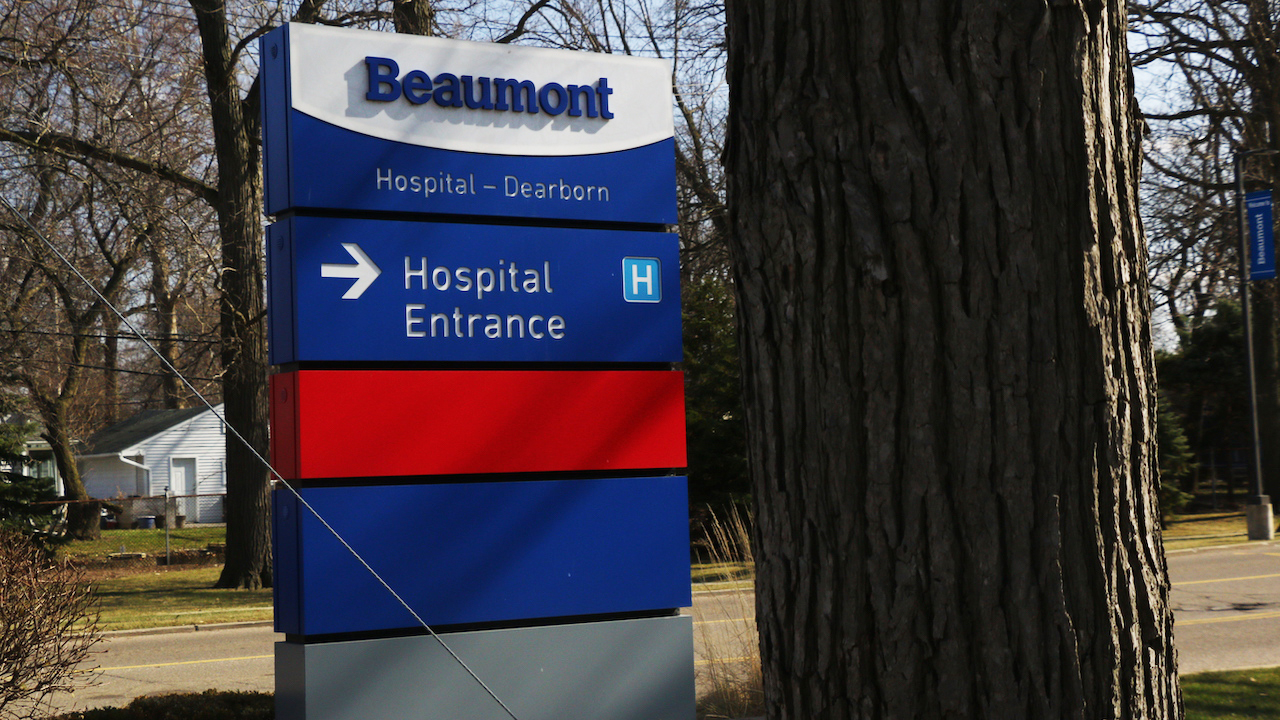“I Never Gave Up the Fight”: A Detroit Woman’s Harrowing COVID-19 Survival Story
Rheamie Crenshaw contracted COVID-19 in the early days of the crisis in Michigan. Her story illustrates the difficult choices patients face when precious little is known about the virus or its treatment.

At first, Rheamie Crenshaw, 49, thought she just had a common cold.
It was over a month ago in March — on Friday the 13th, of all days — that Crenshaw, an office manager at a primary care clinic in Dearborn Heights, began feeling ill. COVID-19 was becoming a rising concern in the U.S., and the first two Michigan cases had been identified only days before.
Listen: Rheamie Crenshaw’s full account of contracting COVID-19, refusing to be put on a ventilator and making it out alive.
“It was all still new in Michigan,” Crenshaw says. “There weren’t really that many cases out here.”
Crenshaw’s COVID-19 survivor story is a first-person account during the early days of the crisis in Michigan, when state officials were pleading with the public to take the threat seriously.
“It felt like someone grabbed my chest and just squeezed it really hard. And then my eyes rolled back.”

Within days, she was experiencing chills, aches and sweats. Her doctor suspected the novel coronavirus, but without testing capability couldn’t confirm and sent her home for rest. Then, while watching television at home, Crenshaw began experiencing severe difficulties breathing.
“It felt like someone was dunking me underwater,” Crenshaw recalls.
Her husband took her to her to Beaumont Hospital in Dearborn, where she was admitted and diagnosed with viral pneumonia in both lungs — a known symptom of COVID-19.
“When they admitted me, my lungs were full of the liquid,” she says. “I was gasping for air, still achy, but not to the point where I couldn’t function or move around.”
WDET’s Laura Herberg spoke with Crenshaw about her experience contracting and recovering from COVID-19, including being prescribed Hydroxychloroquine, a malaria drug marketed as Plaquenil that President Trump has touted as a potential cure despite no conclusive evidence that it is safe or effective.
Her story illustrates the difficult choices COVID-19 patients face when precious little is known about the virus or its treatment. She credits her persistent spirit, faith and family for her recovery.
“I wasn’t scared about anything,” Crenshaw reflects. “I just was like, I’m in the hospital. I need to just breathe on my own and I need to get out of here. I never gave up the fight.”
Trusted, accurate, up-to-date
WDET is here to keep you informed on essential information, news and resources related to COVID-19.
This is a stressful, insecure time for many. So it’s more important than ever for you, our listeners and readers, who are able to donate to keep supporting WDET’s mission. Please make a gift today.
